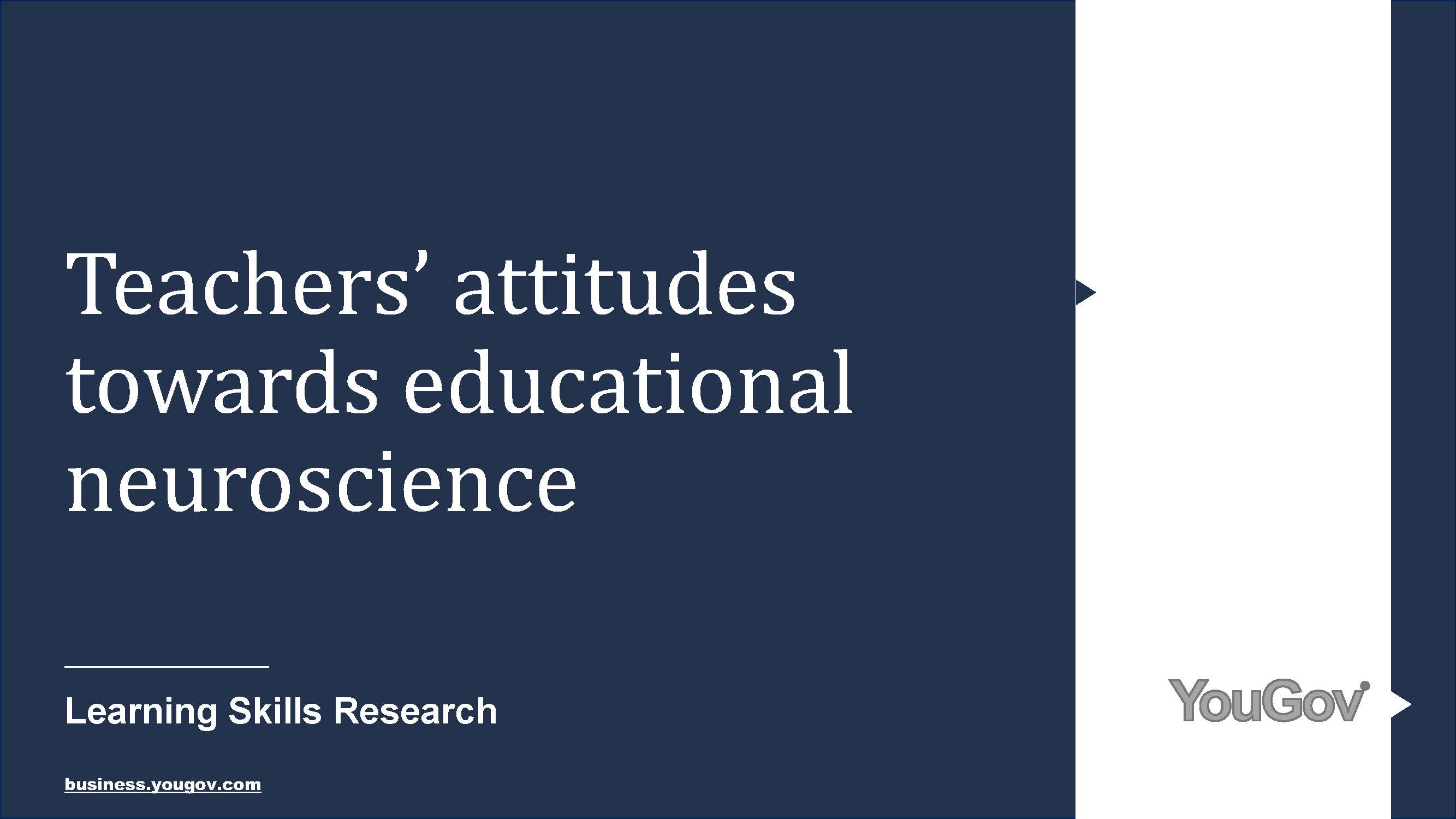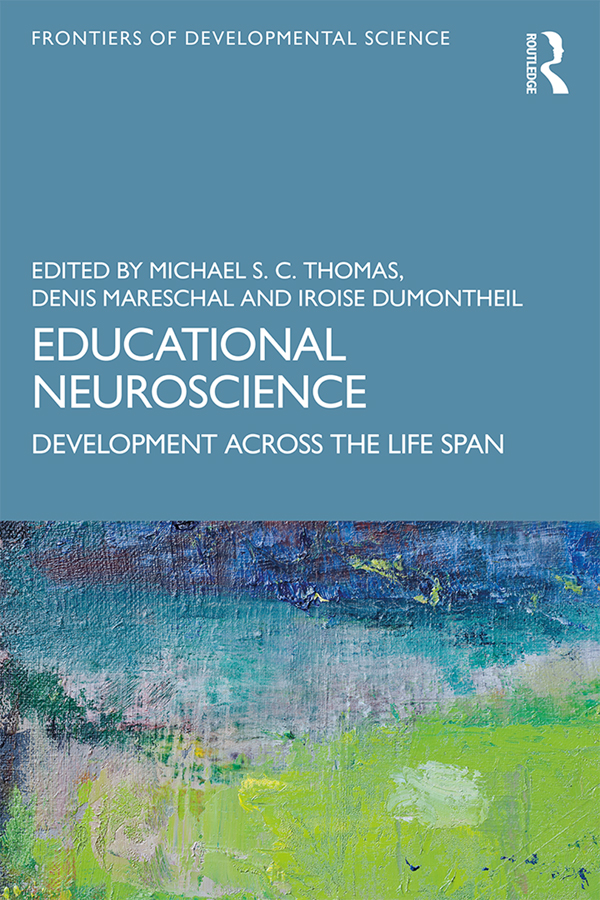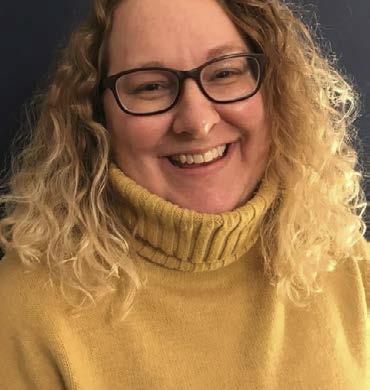“
Learnus occupies a unique place, like no other organisation I know of. It sits right at the intersection between education and neuroscience, constantly seeking new ways to create dialogue, make research practically more relevant, and improve outcomes for all children"
Professor Duncan Astle, Programme Leader, MRC Cognition & Brain Science Unit, University of Cambridge





